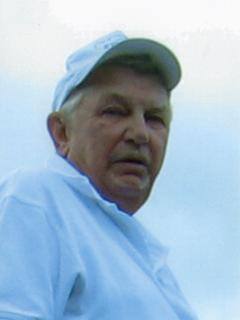DL: What's the best way to commemorate the events?
FJ: Well an editorial in the Minneapolis paper a couple of months ago that said the best way would be silence, but I don't think that silence does much. We hope that here in Brown County we're on the right track. We're going to tour the areas. We've got a full week of events planned. We hope that schools use it as an educational tool and that the young generations become aware of what occurred here.
But it needs to be done respectfully. That's a concern of mine, and I reiterate it at every meeting. We need to do this right. And hopefully do it with the help and with the blessing of the Dakota people. And we have some. Some people are cooperative and some have chosen not to be.
It shouldn't be a celebration, and it's difficult to prevent it from becoming a celebration. We even agonized over what to call it, and I did lose on that issue. We developed a logo that we think was good and fair. I just wanted a commemoration. I think they are calling it an anniversary. To me, an anniversary is something to celebrate, like a birthday. An anniversary has the connotation of celebration. Commemoration, to me, is something a little more sober, a little more somber. We are remembering. So, I think there's a big difference between “anniversary of” and “commemoration of”.
Nevertheless, we are doing this and we hope it opens some eyes and makes people aware. Frankly, I think as years go by people are becoming more interested in history; more than they used to be. And maybe it's just because I'm getting to be older, or am an old guy. But I think people seem to be really interested in history and preserving that history. If this commemoration is part of it, hopefully a hundred years from now someone will look at it and say, “Look what the people of Brown County did in 2011.” So, it's all part of the equation, and I think it's important that we do those things.

